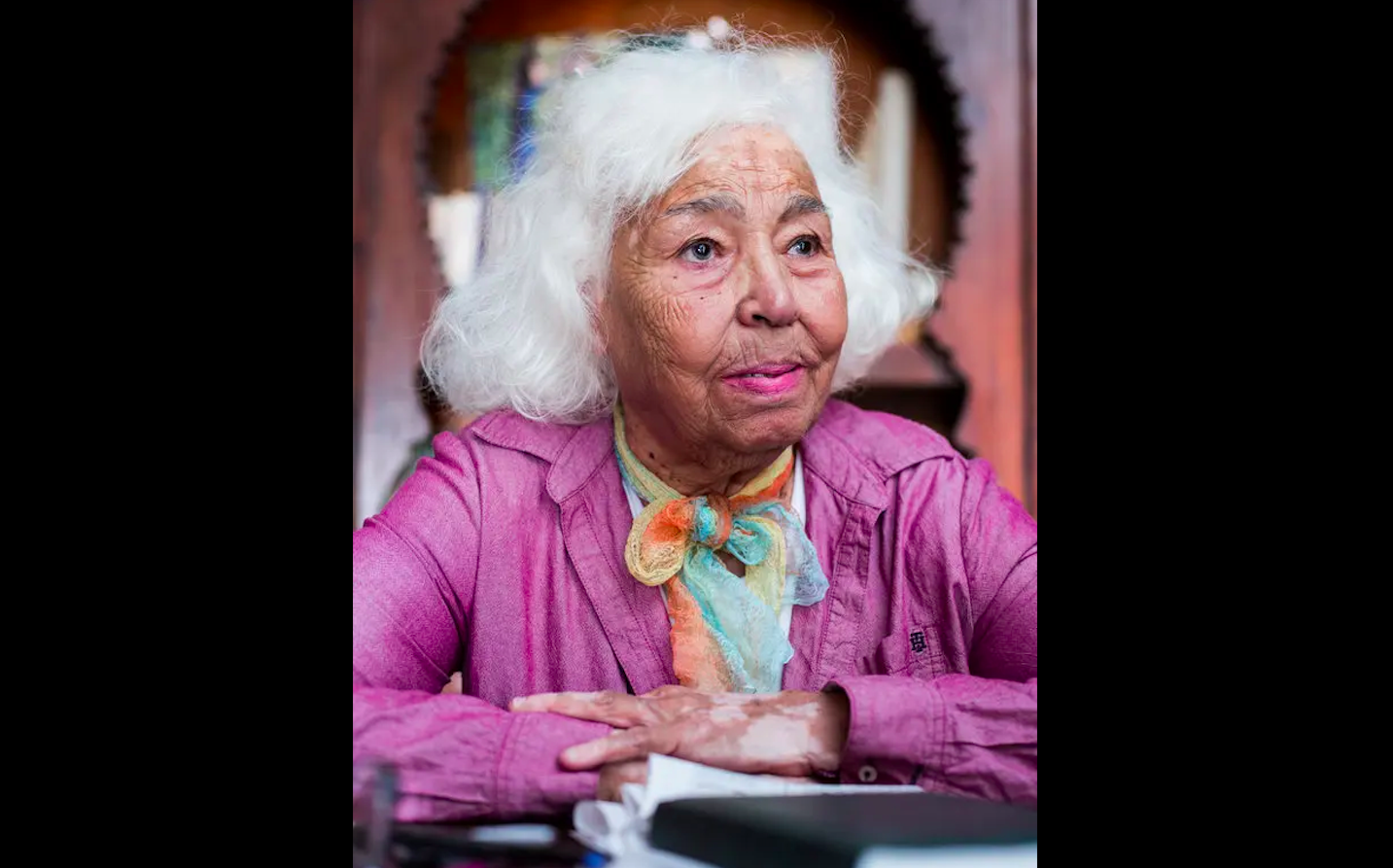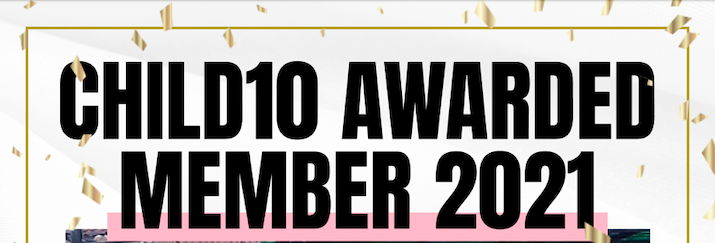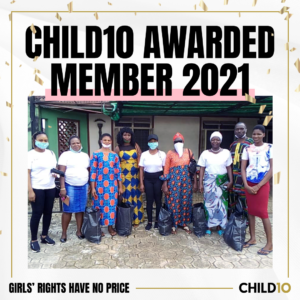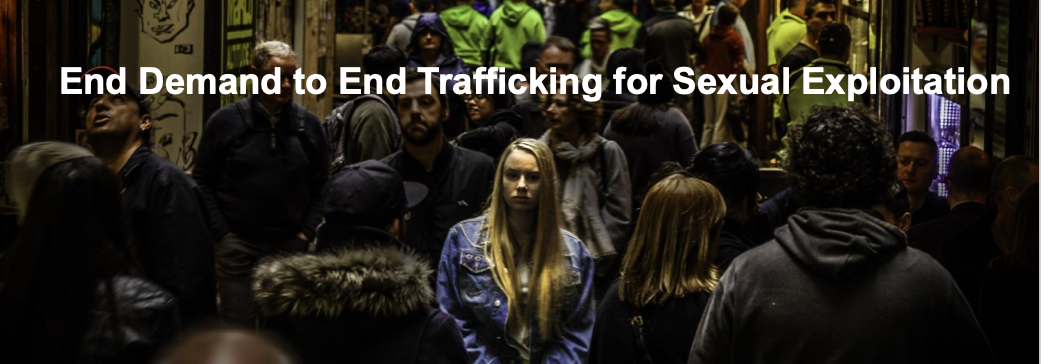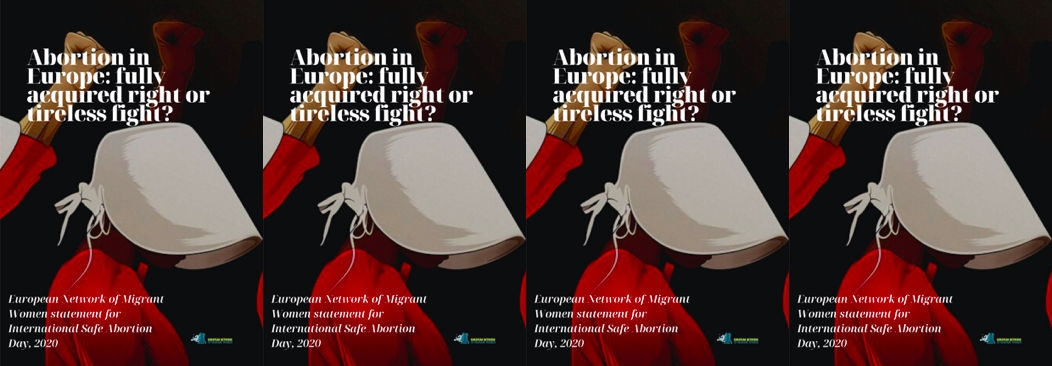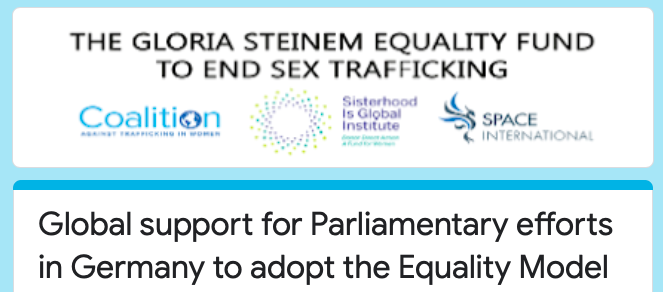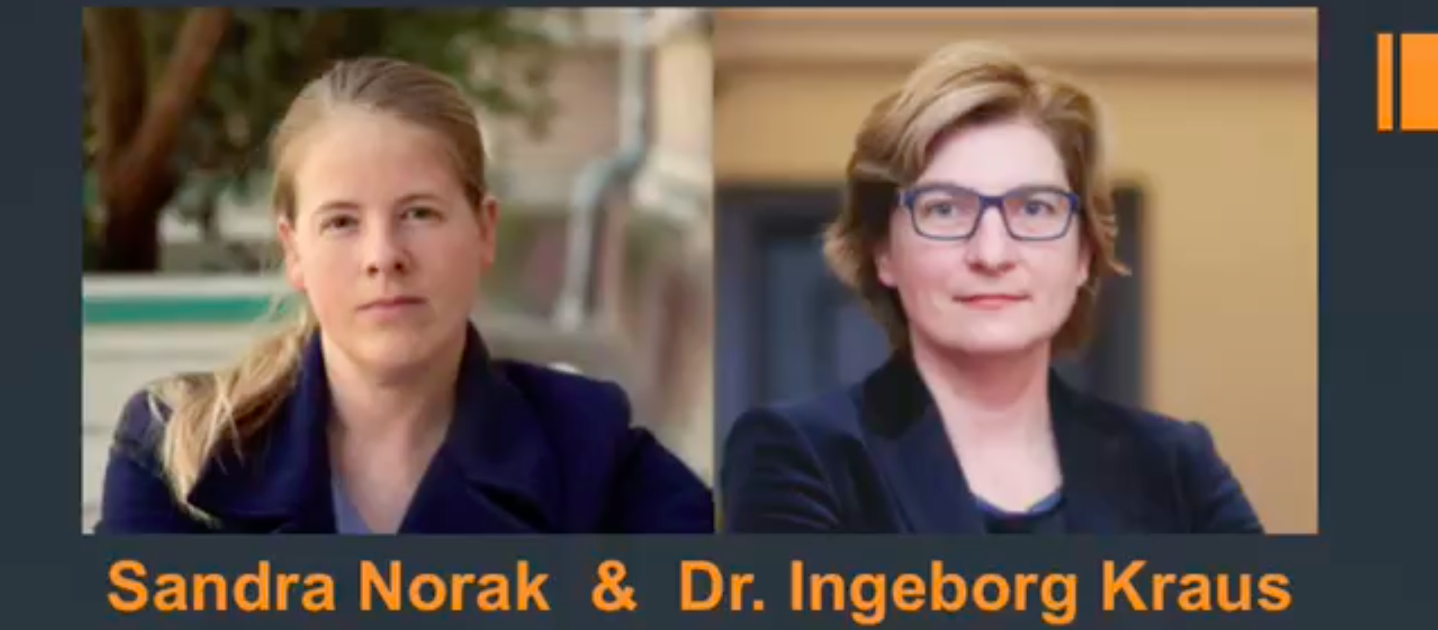Nawal El Saadawi, Egyptian feminist, doctor, author, activist, psychiatrist, university lecturer and so much more, died on Sunday 21st March 2021, at the age of 89. She gained international recognition for her innumerous contributions to feminist battles, her brave honesty and her unwavering conviction, which even saw her imprisoned for two months in 1981, for “attacking the ruling system”.
Our Executive Director, Esohe Aghatise shares her thoughts on this incredible feminist and women’s rights campaigner.
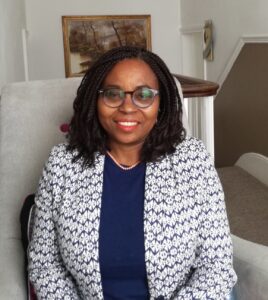 I met Nawal El Saadawi in London in 2015 at Housemans Bookshop in Caledonian Road, where we were both billed as speakers on female genital mutilation. I was struck at how she expressed herself so freely, without censorship and shared positions that were quite unconventional and, when considered within her own context, quite revolutionary. During the evening’s exchange, the question of male circumcision arose. She was quite firm and clear on the position that both male and female circumcision are genital mutilation of otherwise healthy body parts. She went further to express her views on regional and global political economic relations and their impact on women and girls. She held strong views on gender relations and was not at all afraid to express them.
I met Nawal El Saadawi in London in 2015 at Housemans Bookshop in Caledonian Road, where we were both billed as speakers on female genital mutilation. I was struck at how she expressed herself so freely, without censorship and shared positions that were quite unconventional and, when considered within her own context, quite revolutionary. During the evening’s exchange, the question of male circumcision arose. She was quite firm and clear on the position that both male and female circumcision are genital mutilation of otherwise healthy body parts. She went further to express her views on regional and global political economic relations and their impact on women and girls. She held strong views on gender relations and was not at all afraid to express them.
I especially admired her fearlessness, energy and determination and would have loved to spend more time learning from her. She invited me to visit her in Cairo, and though I called her a couple of times, I never did get round to visiting. That is a huge loss I will live with forever. Her passing is a huge loss to women’s rights and to the world in general.

